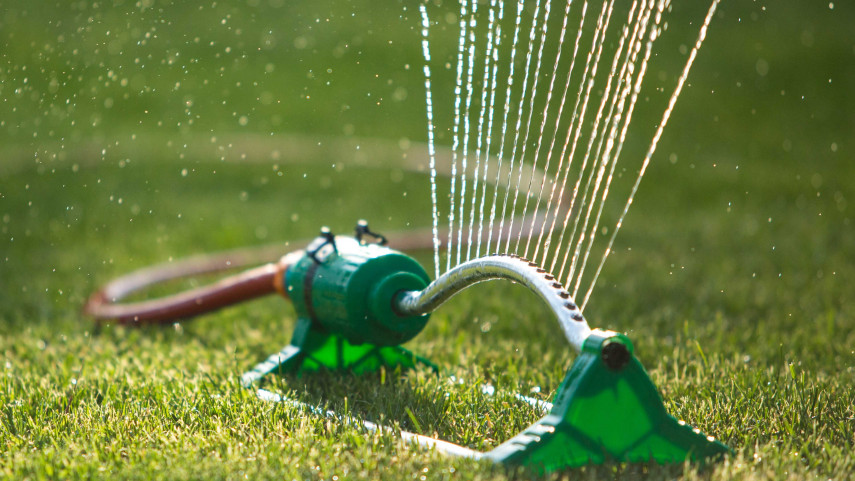
October heralds start of new excess water charges

Share this story
Christchurch and Banks Peninsula residents will need to keep an eye on their water use from 1 October as new charges to manage demand for water are introduced.
The new rating scheme targets the small proportion of households in the district who use, on average, more than 700 litres of water a day – roughly equivalent to 100 toilet flushes.
Those high water users will pay a fixed rate of $1.35 for every 1000 litres they use over the limit, with the first bills scheduled to go out in January 2023.
Households who fall into the high use category will not get charged until their bill tops $25 and their average use measures above 900 litres a day.
Remissions will be available for households with nine members or more, who are using water responsibly, and households that are using a lot of water due to personal circumstances, such as a medical condition.
Christchurch City Council Head of Three Waters Helen Beaumont says average water use over the last 12 months has been 482 litres per household per day and so most households will not receive a bill.
“Only those with very high water use will get a bill,’’ Ms Beaumont says. “We have written to the city’s highest water users over the past few months to let them know that this change is coming. Many have taken the opportunity to address leaks that were contributing to their high water use before the new charges come into effect.
“Water leaks are the biggest source of wasted water so it is in everyone’s interest that we get them fixed. Early indications of consumption by very high users – those using more than 6000 litres a day – shows that more than 25 per cent have fixed leaks,’’ Ms Beaumont says.
“Overall, water consumption is trending downwards. We have seen an 11 per cent reduction in residential consumption when we compare the last quarter with the same quarter last year, which is the type of reduction we were hoping to see.
“By introducing an excess water charge, we hope to make people more mindful of their water use. Water is a precious resource and we do not want to see it wasted. We want to see water used wisely.
“If people are using water wisely, then that will ease the pressure on our supply network, particularly during the summer months. That means long-term we will not need to spend as much money expanding the network. It will also improve the sustainability of our water supply.
“If you haven’t already done so, I would really encourage you to check how much your household is using through our online Water Reporter tool. If you are a high user or an above average user, then there may be some simple things that you can do to reduce your usage,’’ Ms Beaumont says.
